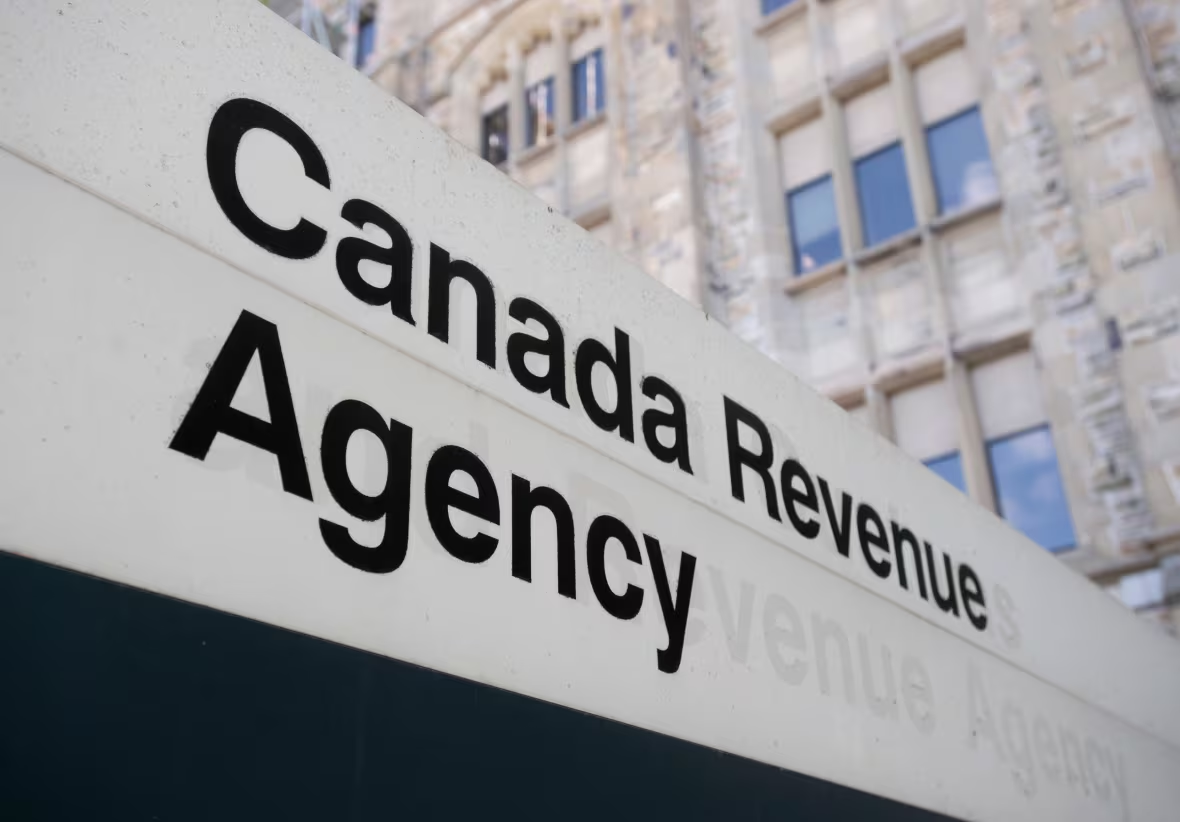Chrystia Freeland’s recent acknowledgment of systemic bias within the Canada Revenue Agency’s Review and Analysis Division (RAD) was a long-overdue admission of what Muslim-led charities have experienced firsthand for years. But recognizing a problem isn’t the same as solving it—and mere promises, particularly unfulfilled campaign pledges, won’t restore trust or deliver justice to impacted communities.
At the recent Strengthening Solidarity Across the Charity Sector, hosted by the Canadian Muslim Public Affairs Council at the University of Ottawa, convened charity representatives, academics, and government stakeholders, the message was clear: systemic issues demand systemic solutions, not piecemeal reforms or political gestures.
The conference exposed the depth of regulatory bias and overreach charities face, including politicized audits, financial isolation through debanking, and heavy-handed compliance practices disproportionately targeting Muslim organizations. These practices not only disrupt charitable activities but erode fundamental rights and weaken the fabric of civil society in Canada.
Discussions at the conference emphasized that systemic reform must move beyond dismantling RAD alone. Genuine respect for the Muslim community—and the entire charitable sector—requires comprehensive policy changes grounded in equity, transparency, and accountability. Promises like those made by Freeland, offering symbolic dismantling without meaningful regulatory reform, are insufficient and risk further alienating marginalized communities by treating justice as transactional.
Systemic reform means fundamentally changing how regulatory oversight operates, ensuring transparency and fairness. Participants advocated strongly for collective, strategic advocacy to reshape regulatory frameworks, pushing for clear, unbiased guidelines that safeguard charities rather than unjustly scrutinize them. This includes directly addressing issues around counterterrorism financing compliance, where vague regulations disproportionately burden Muslim charities without evidence-based justification.
Additionally, the sector must strengthen solidarity and cross-sector collaboration, uniting diverse charities to collectively resist unfair practices and advocate for structural changes. The creation of robust rapid-response mechanisms is crucial to protect civil society organizations from sudden political and regulatory threats, enabling the sector to respond swiftly and cohesively.
Equally critical is enhancing public awareness through targeted campaigns, highlighting the rigorous oversight charities already adhere to, while confronting damaging stereotypes and misinformation. Public perception directly influences policy—accurate narratives about the sector’s value and integrity can build crucial support for substantive reform.
Real reform also demands inclusive leadership and intersectional advocacy. The conference participants reinforced the necessity of elevating voices from Indigenous, racialized, and marginalized communities to drive policy discussions. Structural change cannot succeed without representation from those most affected by existing injustices.
The moment for incremental steps has passed. Canada’s Muslim community, and indeed the entire charitable sector, deserves more than symbolic gestures. Systemic bias requires systemic reform—not promises or political posturing.
The message is clear: genuine respect is shown through action, comprehensive policy change, and unwavering commitment to equity. It’s time to move from acknowledgment to accountability, solidarity to systemic reform.
